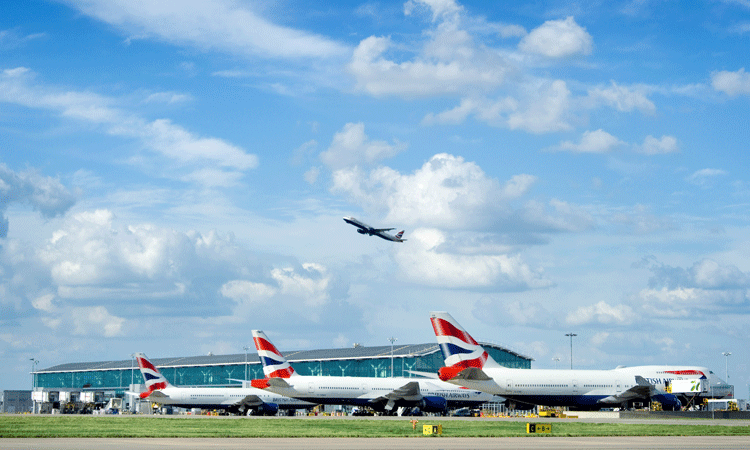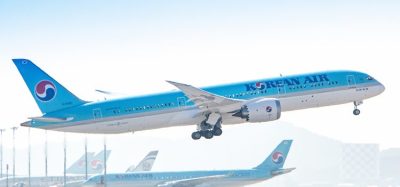A long-haul COVID-19 recovery for passenger levels at Heathrow
Posted: 11 January 2022 | International Airport Review | No comments yet
Aviation is in for a long-haul recovery as the current Omicron variant causes at least 600,000 passengers to cancel travel plans during December 2021 from London Heathrow Airport.


Omicron variant causes at least 600,000 passengers to cancel travel plans in December 2021. Credit: London Heathrow Airport (LHR)
As COVID-19 continues to pose significant challenges for the travel industry, London Heathrow Airport (LHR) welcomed only 19.4 million passengers in 2021 – less than one quarter of 2019 and below even 2020 levels.
At least 600,000 passengers cancelled travel plans from Heathrow in December 2021 due to the Omicron variant and the uncertainty caused by swiftly imposed government travel restrictions.
There is significant doubt over the speed at which demand will recover. International Air Transport Association (IATA) forecasts suggest passenger numbers will not reach pre-COVID-19-pandemic levels until 2025, provided travel restrictions are removed at both ends of a route and passengers have confidence they will not return rapidly.
Join us live: Shaping the Next Generation of Hold Baggage and Air Cargo Screening
Join us live for an insightful webinar on 11th December at 14:00 GMT, in collaboration with Smiths Detection, as we explore the strategic balance of operational efficiency, regulatory compliance, and sustainability in high-volume security environments.
This session offers a focused look into future-proofing your security strategy.
Key learning points
- Cost Reduction: Strategies to minimize bag travel time while simultaneously reducing operational costs.
- Regulatory Roadmap: Insights into the next wave of regulatory changes and their impact on future investment decisions.
- Sustainable Systems: Practical approaches to building sustainability into security systems and lowering the total cost of ownership (TCO).
- Scalable Solutions: Real-world examples of scalable systems supporting current airport growth and preparing for tomorrow.
Register now for expert insights, case studies, and actionable strategies on operational efficiency!
Heathrow urges the UK government to remove all testing now for fully vaccinated passengers and to adopt a playbook for any future Variants of Concern that is more predictable, limits additional measures only to passengers from high-risk destinations, and allows quarantine at home instead of in a hotel.
This creates enormous uncertainty for the Civil Aviation Authority (CAA) in setting a new five-year regulatory settlement. The focus should be on improving passenger service, aligning incentives for airlines and airports to work together to rebuild passenger demand and maintaining affordable private financing in uncertain times. This is a chance to safeguard a world-leading hub airport for Britain and avoid a return to the ‘Heathrow hassle’ days of the early 2000s, undermining the UK’s global trading ambitions.
Heathrow CEO John Holland-Kaye said: “There are currently travel restrictions, such as testing, on all Heathrow routes – the aviation industry will only fully recover when these are all lifted and there is no risk that they will be reimposed at short notice, a situation which is likely to be years away. While this creates enormous uncertainty for the CAA in setting a new five year regulatory settlement, it means the regulator must focus on an outcome that improves service, incentivises growth, and maintains affordable private financing.”
Traffic summary






The International Airport Summit is open for registration!
Date: 19 – 20 November 2025
Location: JW Marriott Hotel Berlin
At our flagship event of the year, we will dive into the future of airport operations, with expert-led sessions on passenger experience, innovative smart technologies, baggage handling, airside operations, data, security, and sustainability.
This is where global airport leaders come together to share insights, challenges, and real-world solutions.
Limited complimentary passes are available for eligible professionals – first come, first served!
Related topics
Air traffic control/management (ATC/ATM), Airside operations, COVID-19, Passenger experience and seamless travel, Passenger volumes, Terminal operations, Testing
Related airports
Related organisations
Civil Aviation Authority (CAA), International Air Transport Association (IATA)


















